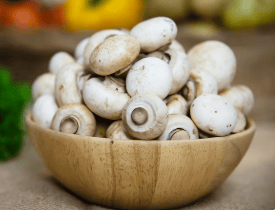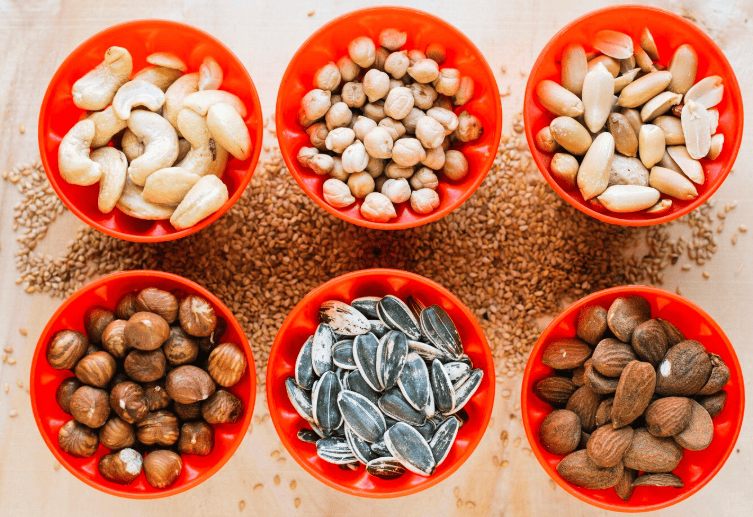Do Mushrooms Boost the Immune System? Health Benefits and Research Explained

Mushrooms have long been celebrated not just for their earthy flavor in culinary dishes but also for their medicinal properties. In traditional medicine ...
Read more
Are Nuts and Seeds Good for Your Immune System? Nutrients, Benefits & Research

Nuts and seeds are often celebrated as nutrient-dense powerhouses. Almonds, walnuts, pumpkin seeds, and sunflower seeds are packed with vitamins, minerals, antioxidants, ...
Read more
Can Berries Boost Your Immune System? Benefits, Nutrients & Science Explained

Berries—such as blueberries, strawberries, raspberries, and blackberries—are often celebrated as “immune-boosting superfoods.” Packed with vitamins, antioxidants, and plant compounds, they’ve earned a ...
Read more
Is Yogurt Good for Your Immune System? Probiotic Benefits and Science Explained

Yogurt has long been celebrated as one of the most nutritious and versatile foods, often featured in diets that promote ...
Read more
Does Lemon Water Really Boost Immunity? Health Benefits and Myths Explained

Lemon water has become a popular wellness ritual, often praised for its ability to detoxify the body and act as a natural ...
Read more
Are Green Vegetables Good for Your Immune System? Nutrients, Benefits & Science

Maintaining a healthy immune system depends on more than just occasional supplements—it relies heavily on nutrient-rich foods that support cellular defense and ...
Read more
Can Turmeric Naturally Boost Your Immune System? Benefits and Science Explained

Turmeric, a bright yellow spice commonly used in cooking and traditional medicine, has long been celebrated for its health-promoting properties. ...
Read more
Is Honey Good for Your Immune System? Benefits, Myths, and Scientific Evidence

Honey has been valued for centuries as a natural remedy and a source of nutrition. From ancient civilizations to modern ...
Read more
Are Citrus Fruits Good for Immune Support? Science-Backed Benefits Explained

Citrus fruits — like oranges, lemons, and grapefruits — are often touted as immune-boosting superfoods. Many people reach for a ...
Read more
Does Ginger Really Boost Your Immune System? Benefits, Myths & Facts

Ever wondered if that cup of ginger tea you sip during cold season actually helps your body fight off infections? ...
Read more